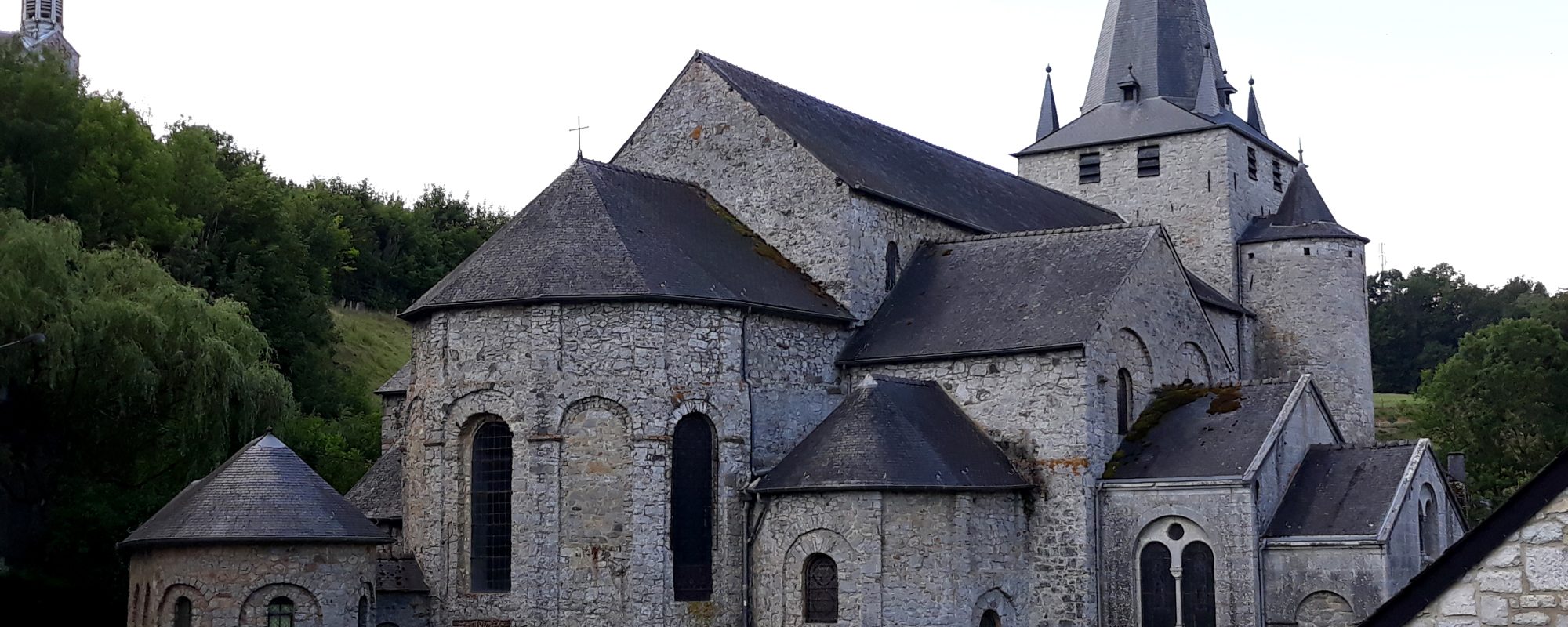
A pivotal part of historical community life, discover the religious heritage that unites our Beautiful Villages.
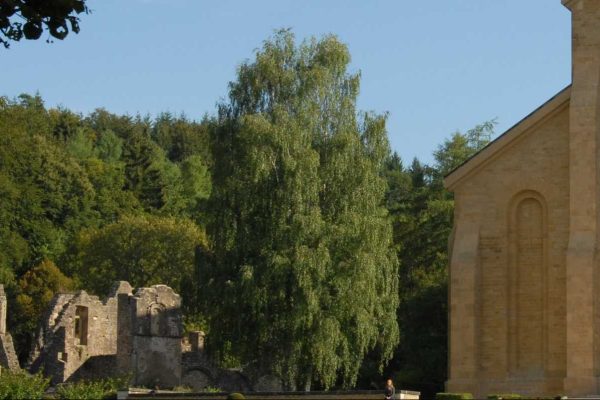
Centuries of history have enamelled the Notre-Dame d'Orval Abbey - Exceptional heritage of Wallonia (Outside the village - 13 km)
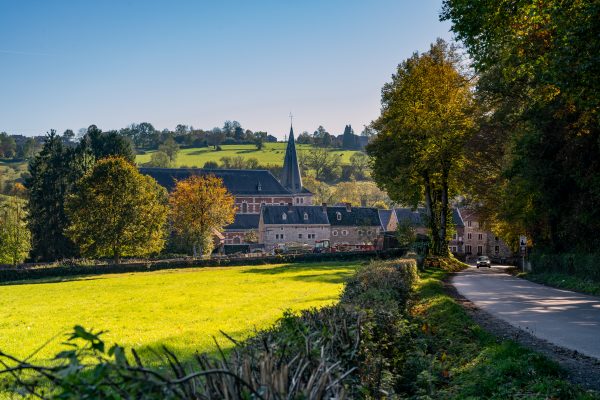
Like a tower moored to a large vessel, the imposing silhouette of the Saint-Roch church stands out in the Soiron landscape.
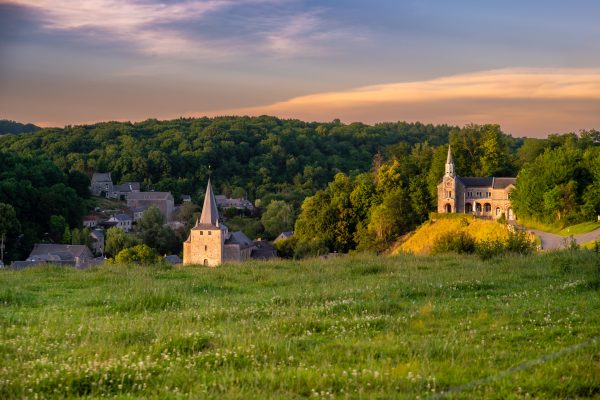
A 19th century neo-Romanesque building as a promontory above the village of Celles.

A Cistercian abbey whose origins date back to 1216 - Exceptional heritage of Wallonia (Outside the village).
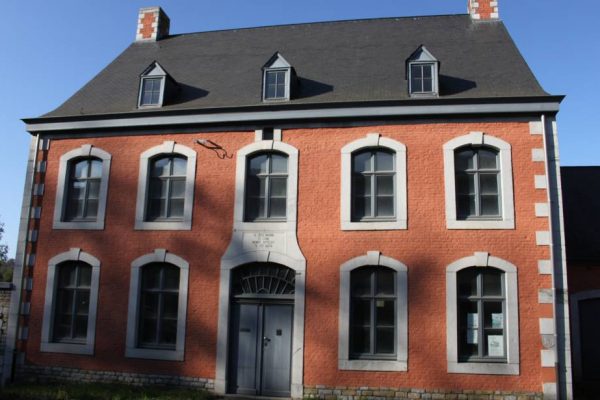
Vintage "1765", an imposing building to display power and wealth - Listed monument.

A religious building with medieval origins in the heart of the locality - Listed monument.
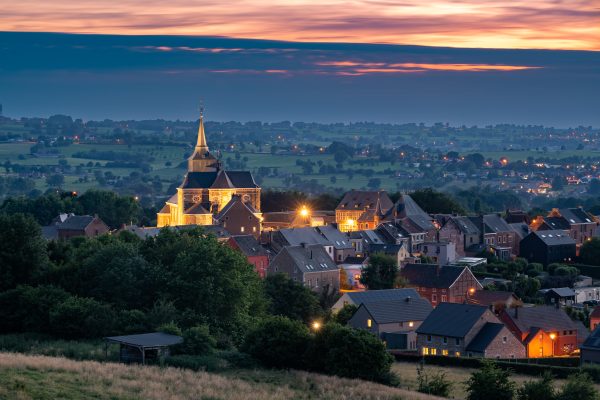
With its back to the Place de la Halle, the silhouette of Saint-Jacques-le-Majeur church dominates the town and the countryside below
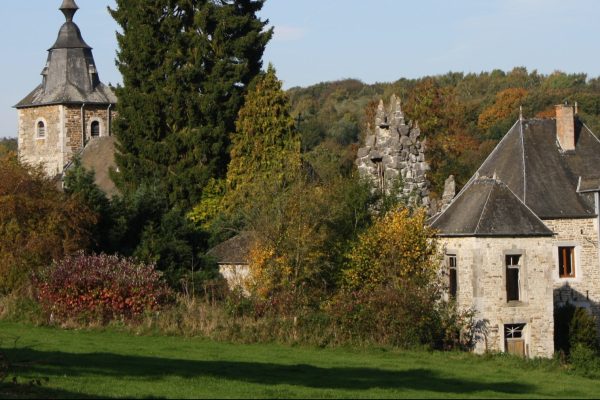
The former presbytery of Crupet, dated 1654, forms a listed site with the church of Saint-Martin, the adjacent old cemetery, the church square and the lime tree.
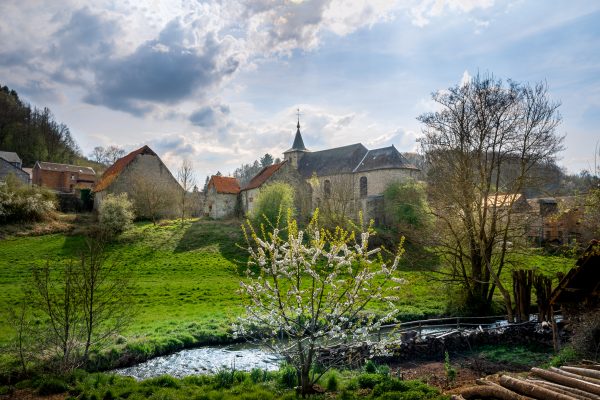
From its small promontory in the shelter of the Molignée, it watches over the village - listed monument
The association Les Plus Beaux Villages de Wallonie (The Most Beautiful Villages of Wallonia) oversees a network of 32 villages, bearers of a strong territorial identity and reflecting traditional architecture. It is committed to promoting the rural, cultural and natural heritage of Wallonia and is a part of the development of local and responsible tourism.
More information